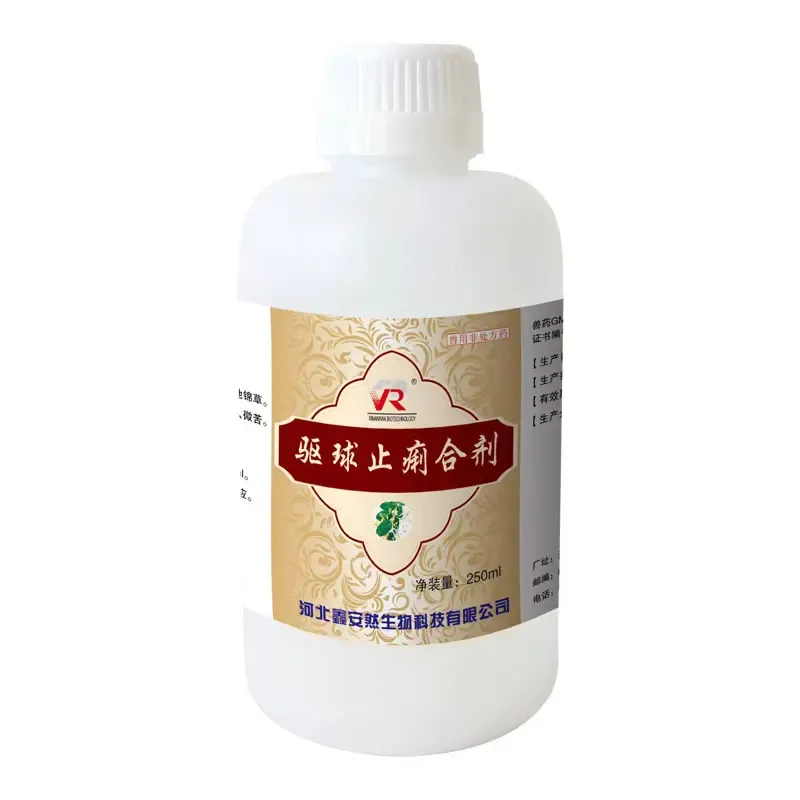- Afrikaans
- Albanian
- Amharic
- Arabic
- Armenian
- Azerbaijani
- Basque
- Belarusian
- Bengali
- Bosnian
- Bulgarian
- Catalan
- Cebuano
- Corsican
- Croatian
- Czech
- Danish
- Dutch
- English
- Esperanto
- Estonian
- Finnish
- French
- Frisian
- Galician
- Georgian
- German
- Greek
- Gujarati
- Haitian Creole
- hausa
- hawaiian
- Hebrew
- Hindi
- Miao
- Hungarian
- Icelandic
- igbo
- Indonesian
- irish
- Italian
- Japanese
- Javanese
- Kannada
- kazakh
- Khmer
- Rwandese
- Korean
- Kurdish
- Kyrgyz
- Lao
- Latin
- Latvian
- Lithuanian
- Luxembourgish
- Macedonian
- Malgashi
- Malay
- Malayalam
- Maltese
- Maori
- Marathi
- Mongolian
- Myanmar
- Nepali
- Norwegian
- Norwegian
- Occitan
- Pashto
- Persian
- Polish
- Portuguese
- Punjabi
- Romanian
- Russian
- Samoan
- Scottish Gaelic
- Serbian
- Sesotho
- Shona
- Sindhi
- Sinhala
- Slovak
- Slovenian
- Somali
- Spanish
- Sundanese
- Swahili
- Swedish
- Tagalog
- Tajik
- Tamil
- Tatar
- Telugu
- Thai
- Turkish
- Turkmen
- Ukrainian
- Urdu
- Uighur
- Uzbek
- Vietnamese
- Welsh
- Bantu
- Yiddish
- Yoruba
- Zulu
Nov . 12, 2024 12:21 Back to list
what kills roundworm eggs in humans
Understanding What Kills Roundworm Eggs in Humans
Roundworms, also known as nematodes, are a type of parasitic worm that can infect humans, causing a variety of health issues. Among these parasites, the eggs pose a significant threat as they can survive in harsh environments and remain viable for years. Therefore, understanding how to eliminate these eggs is crucial for controlling infections and preventing disease spread.
Life Cycle of Roundworms
To understand how to kill roundworm eggs, it's important first to comprehend their life cycle. Roundworms typically enter the human body through contaminated food, water, or soil. Once ingested, the eggs hatch in the intestines, releasing larvae that mature into adult worms. These adults reproduce and release more eggs, which are excreted in the host's feces, continuing the cycle.
The resistance of roundworm eggs to environmental conditions is alarming. They can withstand extreme temperatures and desiccation, making them hardy and persistent in the environment. As such, efficient and effective methods for killing eggs are essential to break the cycle and protect public health.
Effective Methods to Kill Roundworm Eggs
1. Chemical Agents Several chemical agents are known to be effective at eliminating roundworm eggs. The most commonly used chemical is Albendazole, an anthelmintic medication that targets adult worms and their eggs. It works by inhibiting the metabolism of the parasites, leading to their death. While Albendazole is primarily aimed at adult worms, it significantly reduces egg viability by eliminating the adult population.
what kills roundworm eggs in humans

2. Heat Treatment Roundworm eggs are sensitive to high temperatures. Cooking food thoroughly can kill any eggs present. For instance, meats should be cooked to an internal temperature of at least 145°F (63°C) to ensure that any potential roundworm eggs or larvae are killed. Additionally, boiling water at 100°C (212°F) for several minutes is effective in sterilizing water that may contain eggs.
3. Sanitation and Hygiene Practices Proper sanitation is one of the most effective ways to kill roundworm eggs in the environment. Frequent handwashing, especially after using the bathroom and before preparing food, reduces the risk of transmission. Additionally, maintaining clean living conditions—such as proper disposal of human waste and regular cleaning of surfaces—can significantly lower the presence of eggs.
4. Environmental Management In areas where roundworms are prevalent, managing the environment can help reduce their population. This includes avoiding the use of human or animal waste as fertilizer and ensuring that food crops are washed properly before consumption. Strategies such as proper sewage treatment and public health campaigns to educate communities about hygiene can lead to better control of roundworm infections.
5. Use of Disinfectants Certain disinfectants can help kill roundworm eggs in contaminated surfaces. Products containing sodium hypochlorite (bleach) can be effective when used according to guidelines. However, it's essential to follow up with thorough rinsing to ensure no residues remain that could harm humans or pets.
6. Probiotics and Natural Remedies Some research suggests that certain probiotics and natural remedies may help eliminate or reduce roundworm load in the human gut. Though not a primary treatment option, these complementary approaches can play a supportive role in maintaining gut health and potentially reducing the prevalence of parasitic infections.
Conclusion
Understanding what kills roundworm eggs in humans is crucial for effective prevention and treatment of parasitic infections. A combination of chemical treatments, environmental management, hygiene practices, and proper cooking methods can significantly reduce the risk of infection. By adopting these strategies, individuals and communities can protect themselves from the threats posed by roundworms and promote a healthier environment overall. Regular medical check-ups and access to clean water and sanitation facilities are also essential components in the battle against these resilient parasites. Ultimately, awareness and education play vital roles in reducing the prevalence of roundworm infections globally.
-
Guide to Oxytetracycline Injection
NewsMar.27,2025
-
Guide to Colistin Sulphate
NewsMar.27,2025
-
Gentamicin Sulfate: Uses, Price, And Key Information
NewsMar.27,2025
-
Enrofloxacin Injection: Uses, Price, And Supplier Information
NewsMar.27,2025
-
Dexamethasone Sodium Phosphate Injection: Uses, Price, And Key Information
NewsMar.27,2025
-
Albendazole Tablet: Uses, Dosage, Cost, And Key Information
NewsMar.27,2025













